As global tourism and travel took a hiatus amid the COVID-19 pandemic, an ACIAR-funded regional partnership has been working behind the scenes to improve Pacific Island agritourism experiences for domestic visitors in preparation for the return of international travel.
Pre-COVID, the Pacific Agribusiness Research in Development Initiative Phase 2 (PARDI 2) had identified agritourism as a useful diversification strategy for agribusinesses that were regularly impacted by climate-related disasters. In 2020, the tables were turned as tourism operators in Fiji and Vanuatu found themselves in the situation of diversifying into agriculture to keep themselves in business.
Since 2019, through its product development advisory support, more than 40 agritourism enterprises have been supported with training and advice to further develop their on-farm experiences.
As Fiji reopened to the world, 5 agritourism companies were supported to become market-ready and further enhance tourist and visitor experiences. Support included business advice based on market research, assistance with marketing, and improvements to the experiences on offer, such as on-farm processing tours, lodging, and farm-based recreational activities.
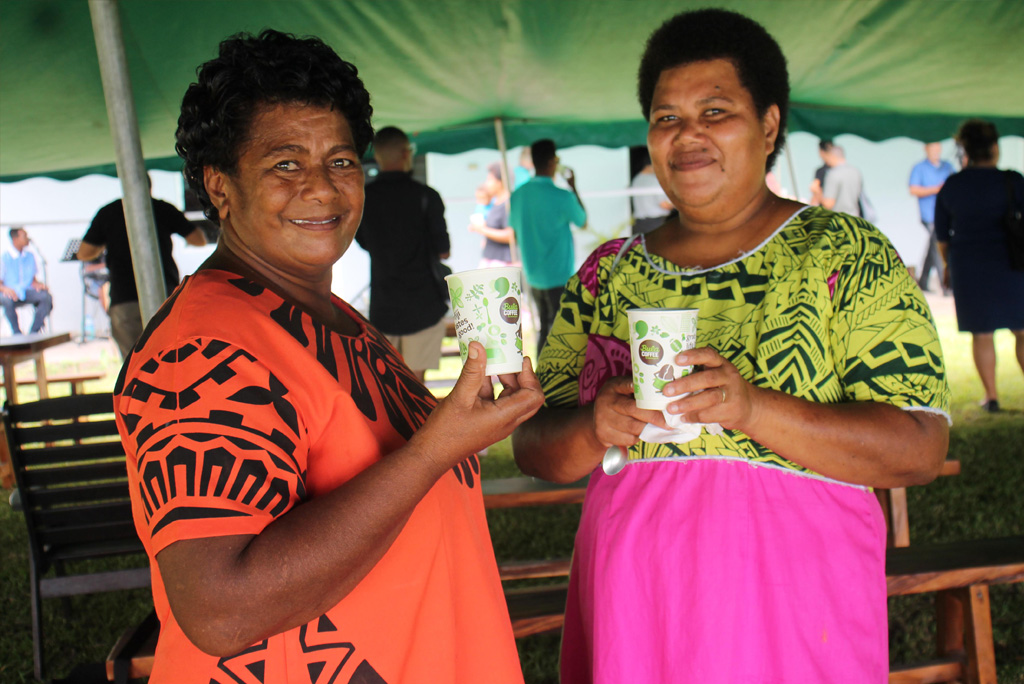
This has paid off for Luke Fryett and his family-run 'Bula Coffee' - one of the five operators supported through PARDI 2 initiative.
In April 2022, the company officially launched its first crop-to-cup coffee tour, where visitors experience firsthand how coffee is processed and learn about the company's engagement with smallholder farmers they source from all while enjoying the taste of high-quality coffee.
'We believe in the hands-on approach. Visitors can expect a guided tour around Bula Coffee headquarters. They can see firsthand the hard work that takes place in our processing facility to get a coffee cherry ready,' said Mr Fryett.
'Not only is our coffee "Fijian made", but also proudly carries the "Fijian grown" emblem.'
Mr Fryett added that Bula Coffee employs Fijians from nearby villages to create sustainable livelihood opportunities that in turn support the local economy and further reduce poverty.
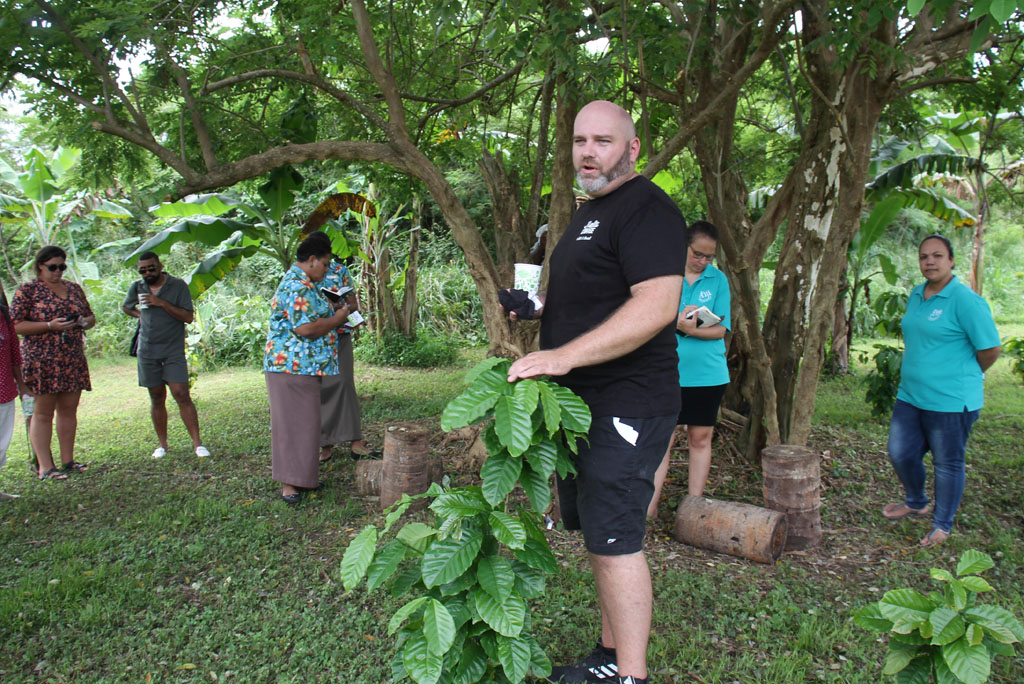
'Bula Coffee partners with Fijian villagers to harvest and process their coffee, much of which has been left unattended in remote places for many years. Our partnership model enables the Fijian coffee growers to reap the reward of their hard work and natural resources,' he said.
PARDI 2 Agritourism Adviser, Marita Manley, said that agritourism has the potential to support rural economies, preserve agricultural heritage, and can support rural communities to make the most of underutilised land.
'There is a growing demand locally for coffee and other niche agricultural products. It represents a viable option for many farmers looking to diversify their crops, especially now that there are several markets locally, including Bula Coffee,' said Ms Manley.
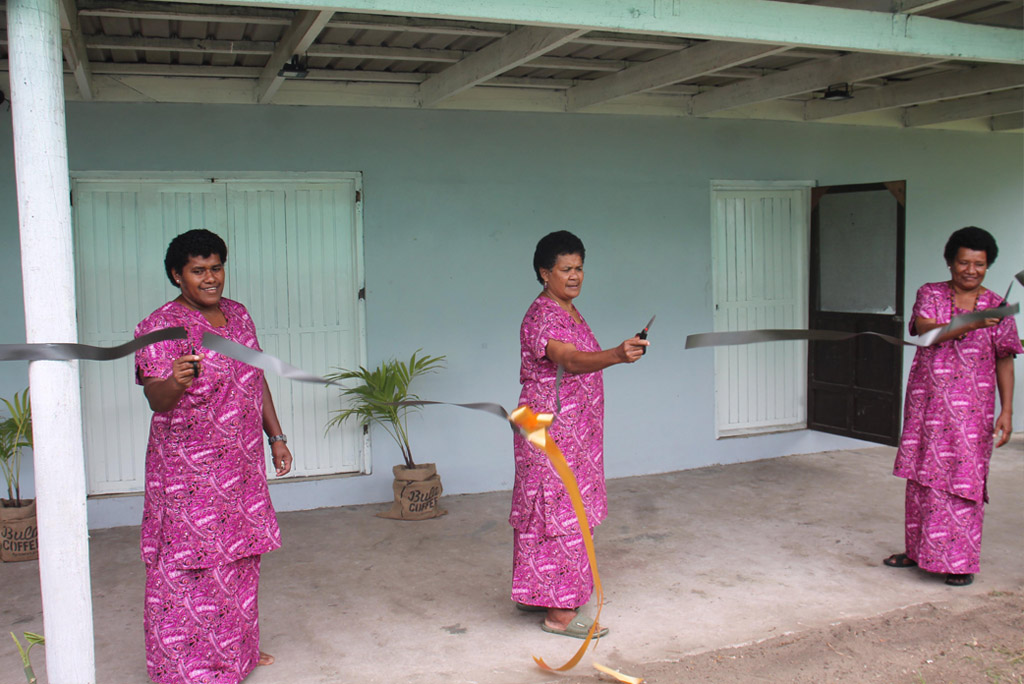
'There is a growing demand locally for coffee and other niche agricultural products. It represents a viable option for many farmers looking to diversify their crops, especially now that there are several markets locally, including Bula Coffee,' said Ms Manley.
'Consumers want to be able to see, feel and touch their food and where better to do that than in the Pacific where food traditions are still so strong,' she added.
PARDI 2 Research Assistant, Patricia Bibi, who has supported each enterprise on their journey, is enthusiastic about the potential of agritourism to not only support income generation and food innovation, but to also restore pride in agriculture and Fijian food.
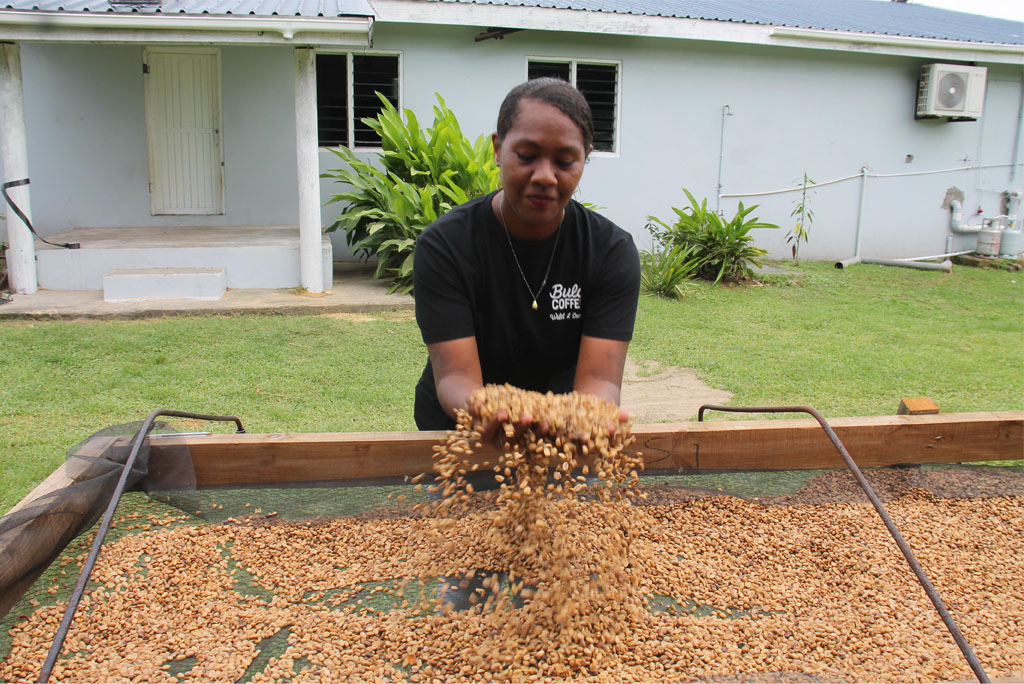
'As more farms open their gates to visitors, we are now seeing Tourism Fiji and Fiji Airways featuring stories about Fijian food experiences. This not only helps drive visitor numbers and product sales but is also important in generating pride in our agricultural practices and traditional knowledge,' she shared.
ACIAR Research Program Manager for Agribusiness, Howard Hall welcomed the positive outcomes from the PARDI 2 agritourism product support.
'In collaboration with our partners, we have been working to identify and understand how agribusiness development opportunities can contribute to improved livelihoods and economic growth for communities across the Pacific.'
'Agribusiness has the potential to develop value chains in the agriculture, forestry and fisheries sectors that are more efficient and inclusive, and which take advantage of new opportunities for primary production, value-adding and marketing,' Mr Hall said.
The other agritourism operators to work with the PARDI2 project include Namosi Eco Retreat, Cegu Valley Farm, Paradise Taveuni and Bulaccino Farm.
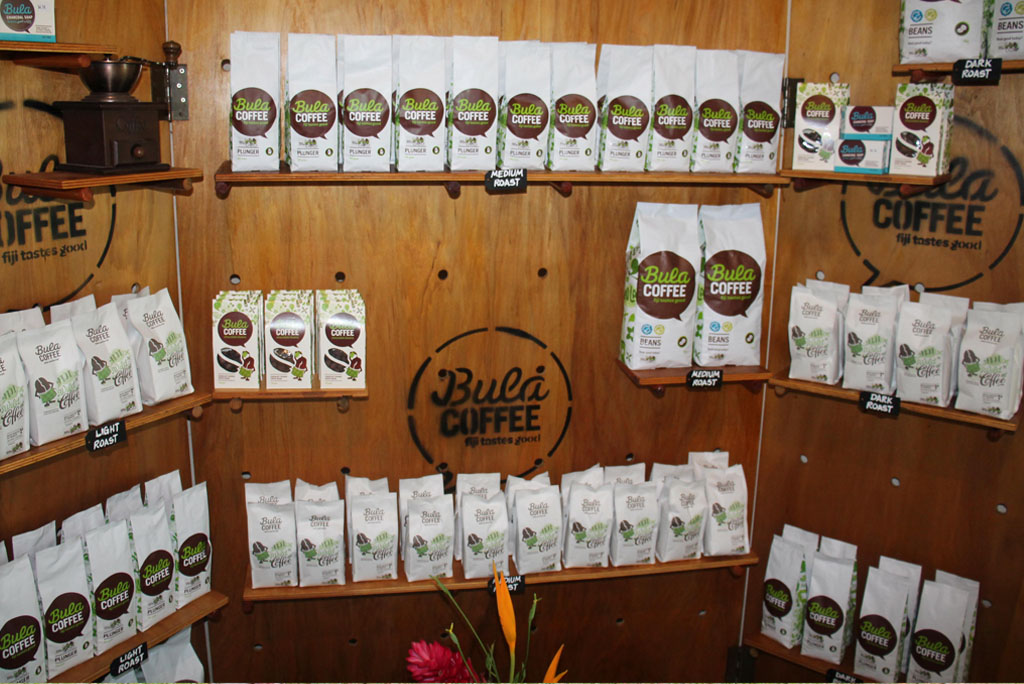
The ACIAR-supported PARDI 2 is a five-year program that is led by The University of the Sunshine Coast in partnership with the Pacific Island Farmers Organisation Network, the Southern Cross University, the University of Adelaide, and the University of Queensland.
Learn more about PARDI2 here and Bula Coffee here.






